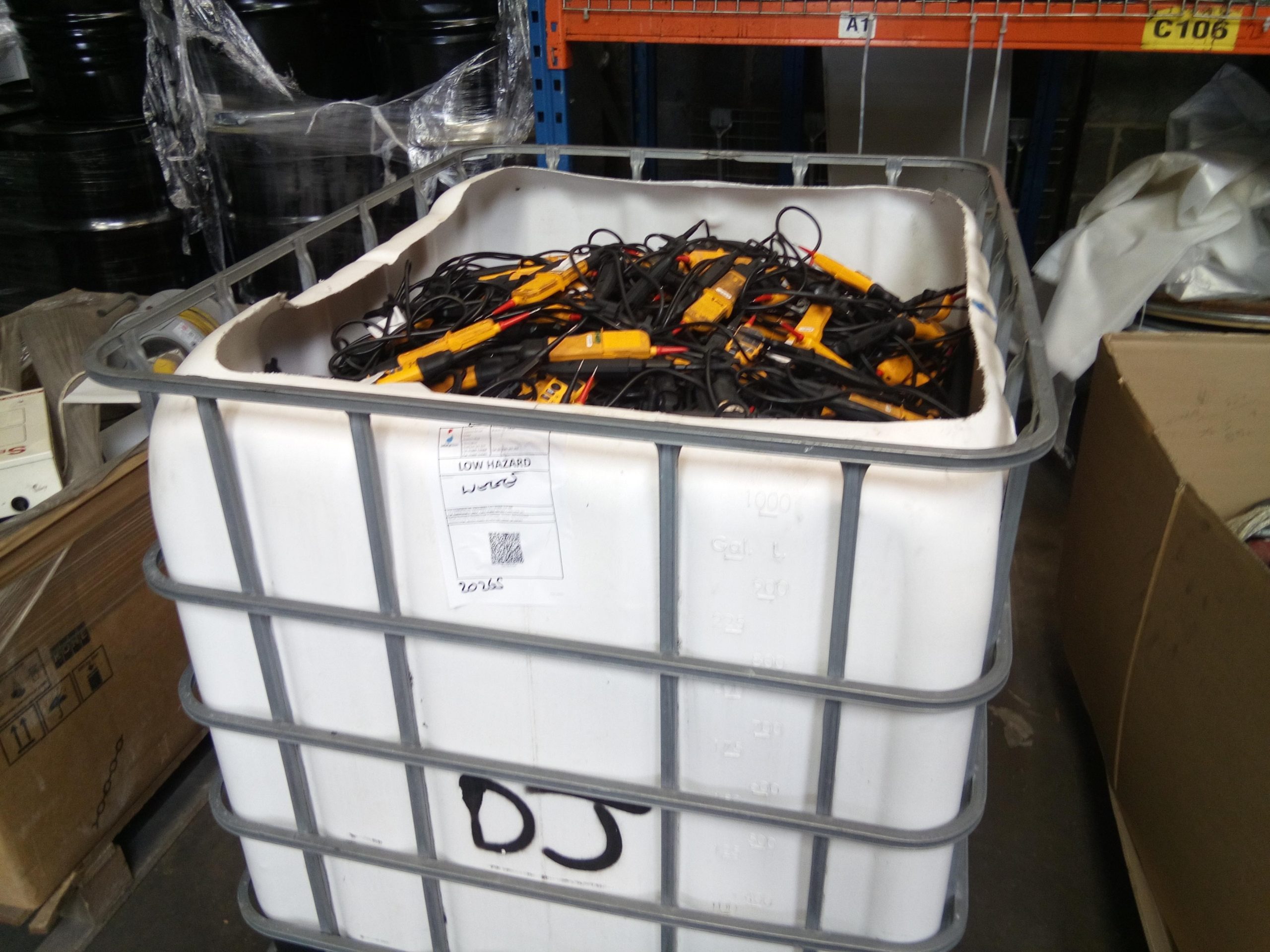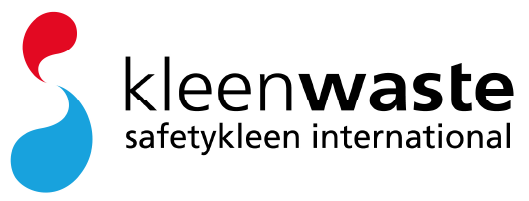

How to deal with WEEE Waste
WEEE stands for Waste Electrical and Electronic Equipment. According to the European Commission, it’s a type of waste that includes almost anything with a battery or plug.


There are around 10 broad categories of WEEE currently outlined in the Waste Electrical and Electronic Equipment Directive (WEEE Directive 2012/19/EU):
- Large household appliances (e.g., washing machines)
- Small household appliances (e.g., kettles)
- IT and telecommunications equipment (e.g., computers)
- Consumer equipment (e.g., TVs and radios)
- Lighting equipment (e.g., desk lamps)
- Electrical and electronic tools (e.g., pressure washers)
- Toys, leisure, and sports equipment (e.g., exercise bikes)
- Medical devices from hospitals or doctors (e.g., blood pressure monitors)
- Monitoring and control equipment (e.g., smoke detectors)
- Automatic dispensers (e.g., vending machines)
This type of waste is particularly important to dispose of correctly because it can contain hazardous materials (including arsenic, cadmium, lead, mercury, and certain flame retardants) which are harmful to the environment and could cause major health problems if the disposal is not managed properly. Some items can also be recycled and re-used if the waste is effectively managed. Moreover, every year an estimated two million tonnes of WEEE items are discarded by households and companies in the UK.
Do I have any responsibility as a business to dispose of WEEE waste?
As a business, you have a legal responsibility to ensure that the production, storage, transportation, and disposal of controlled waste is done without harming the environment. WEEE compliance laws need the waste to be taken to an ‘Approved Authorised Treatment Facility’ with full waste documentation and certificates.
Not sure how to legally dispose of electrical equipment?
The exact treatment of WEEE can vary enormously according to the category that is used and which technology is the most appropriate to avoid health and safety risks. For that reason, there are minimum requirements for treatment facilities specified in the WEEE waste directive within DEFRA’s ( Waste Electrical and Electronic Equipment Regulations 2013.
Kleenwaste can handle all aspects of WEEE recycling, from safe collection to legal waste disposal all supported with compliant paperwork in line with the WEEE directive.
Our extensive waste management experience, and our team’s expert knowledge of electronic goods recycling, enable us to provide a first-class waste collection service to businesses, no matter their industry.
So, if you are looking for a simpler, safer way to dispose of WEEE, our team could provide you with peace of mind within 24 hours, whatever your company’s waste management needs are and wherever you are in the UK.

